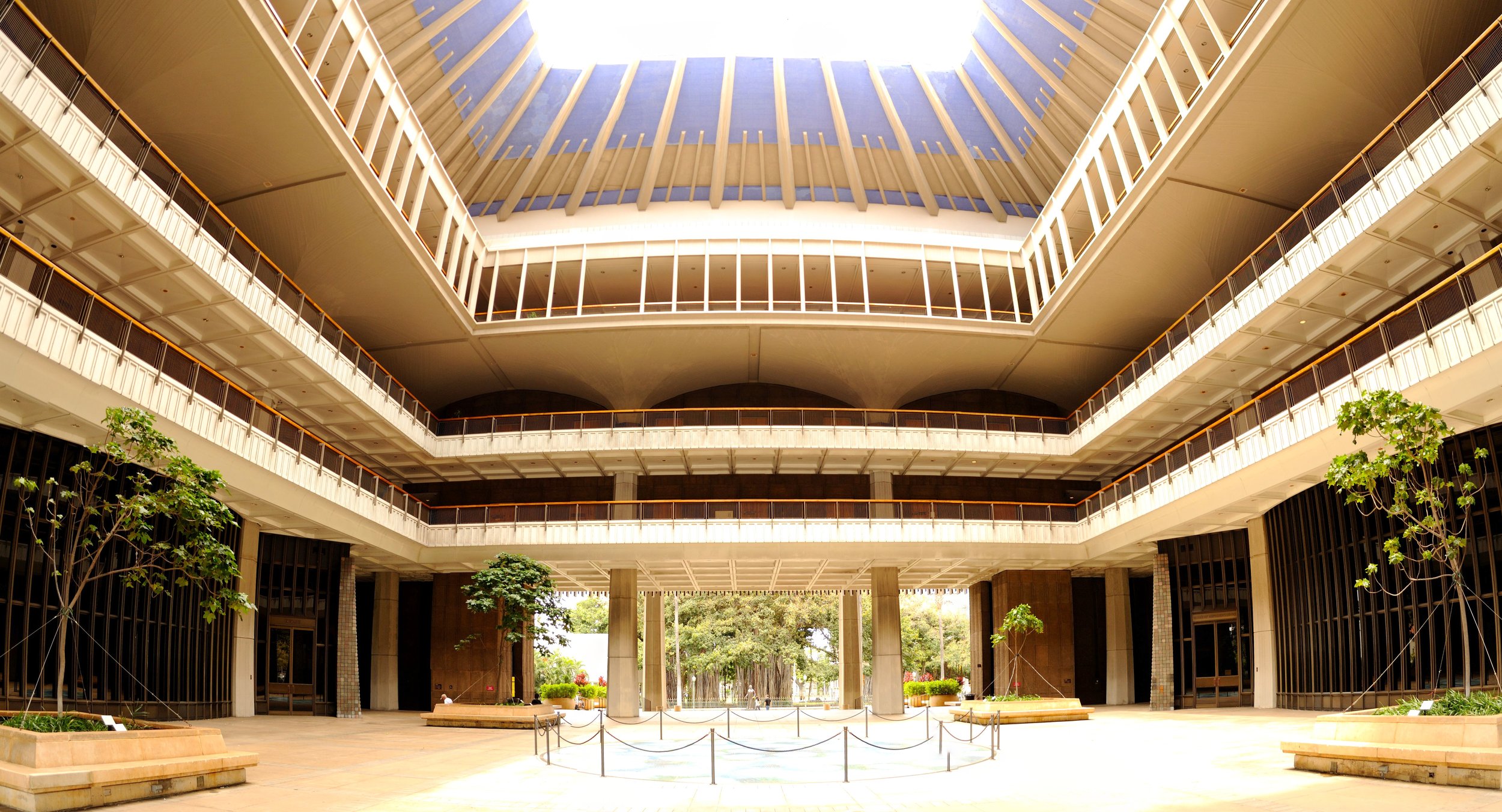
The great Skyline adventure: Hawaiʻi Appleseed tests the walkability of areas around rail stops
Success will require partnership across state and county lines, but the goal is shared: turning the areas around rail lines and high capacity bus routes into places where people can live, work and meet daily needs without the necessity of getting back into a car.

Taking policy local: how to shape county action on food security
Counties may not always be centered in the food security conversation, but they are some of Hawaiʻi’s most powerful leaders in combating hunger.

Hawaiʻi’s costly tax shift: How a billion-dollar cut threatens public services
The choice before us is whether we will allow a billion-dollar annual loss to erode our common foundation, or whether we will act to preserve it—for every family, and for generations to come.

Ditch the equity cap: How to make “locals-only” housing actually work
When outside demand is effectively infinite, deed restrictions that focus on creating a diverse resident-owner base across multiple housing types—rather than just capping prices—do more to shift the market toward locals than any single “affordable” building will.

A turning point for SNAP: Strengthening local supports for Hawaiʻi households
Hawaiʻi has an opportunity to build a more resilient, community-driven food system—one that protects families regardless of federal uncertainty.

Hawaiʻi’s two-tier tax system: How the rich use a glaring loophole to pay less
While teachers, nurses and service workers pay income tax on every dollar they earn, the wealthy can shield a large portion of their profits thanks to a special tax break on capital gains.

Keiki Ride Free: Building a more connected Hawaiʻi
By removing financial barriers to public transit, Hawaiʻi can empower young people to participate fully in their communities, while easing family costs and supporting climate goals.

Implementing a just cause eviction framework would benefit both tenants and landlords in Hawaiʻi
While Just Cause Eviction laws are often viewed primarily as a tenant protection, they’re really about establishing a clear, consistent set of rules to protect both landlords and tenants.

Our Census Bureau is understaffed and underfunded—the quality of its data is suffering
Already facing resource shortages, new federal budget cuts call into question the very future of the Census Bureau itself.

Kūpuna at risk: How federal changes to SNAP impact older adults in Hawaiʻi
Even within these new constraints, Hawaiʻi can innovate by combining or re-imagining existing programs to expand access and strengthen support for our seniors.

A path to more affordable housing: Rethinking county rules
County governments control what gets built through zoning, and through lengthy discretionary approvals. Both levers have historically been used to restrict supply.

Transformative change meets budget realities—a central lawmaking tension plays out in two new reports
Policy in Perspective 2025 and the Hawaiʻi Budget Primer FY2025–26 provide a compelling—and sometimes sobering—look at how Hawaiʻi invests, and often under-invests, in its communities.

Can Hawaiʻi afford to cut the grocery tax?
Any proposal to reduce or remove the GET on food must be paired with a credible plan for replacing the revenue. It’s a challenge, but also an opportunity to build a fairer and more sustainable system.

Proposal to raise transit fares will hurt Oʻahu riders
Increasing transit fares while household budgets are already stretched thin risks pushing out the very riders who rely on TheBus the most while decreasing ridership and revenue.

Hawaiʻi already has the tools to create a locals-only housing market; we just need to use them
Whether buying a first home, renting, or selling within the community, local people should have the advantage. Housing should function as a home—not as a global commodity.

Powered by the people: How Hawaiʻi Appleseed’s community-first focus can create change—with your help
When we put people first, it means our policy proposals come from the community—which is essential to turning those proposals into law.

The chilling effect: How federal cuts and immigration crackdowns threaten food security in Hawaiʻi
The mega budget bill that Congress recently passed narrows who can access critical programs like SNAP and Medicaid, while fueling fear and confusion about who can safely apply for assistance in the wake of increased immigration enforcement.

We need to talk about inclusionary zoning
Inclusionary Zoning is a band-aid solution to a crisis that demands major surgery. It’s time to confront why this policy hasn’t worked—and what we should do instead.

Incoming federal tax cuts will heavily favor Hawaiʻi’s wealthiest residents
The State of Hawaiʻi has an obligation to shore up its revenue through tax policies that make the wealthiest among us pay their fair share.

Federal transportation cuts threaten Hawaiʻi’s health and climate goals
With $131 million in transportation funds at risk, Hawaiʻi faces the possibility of lasting harm to our island infrastructure, and inhibited mobility for residents who rely on walking, biking and public transit.
